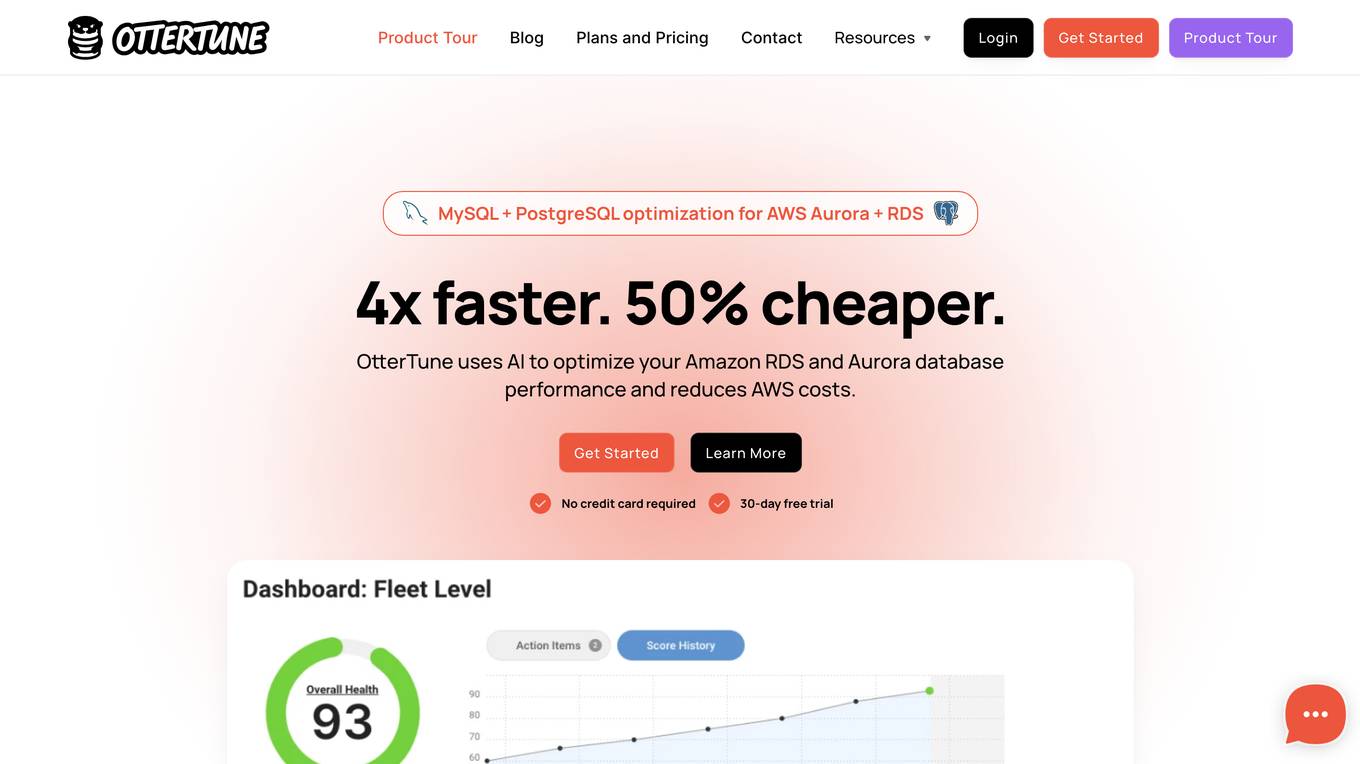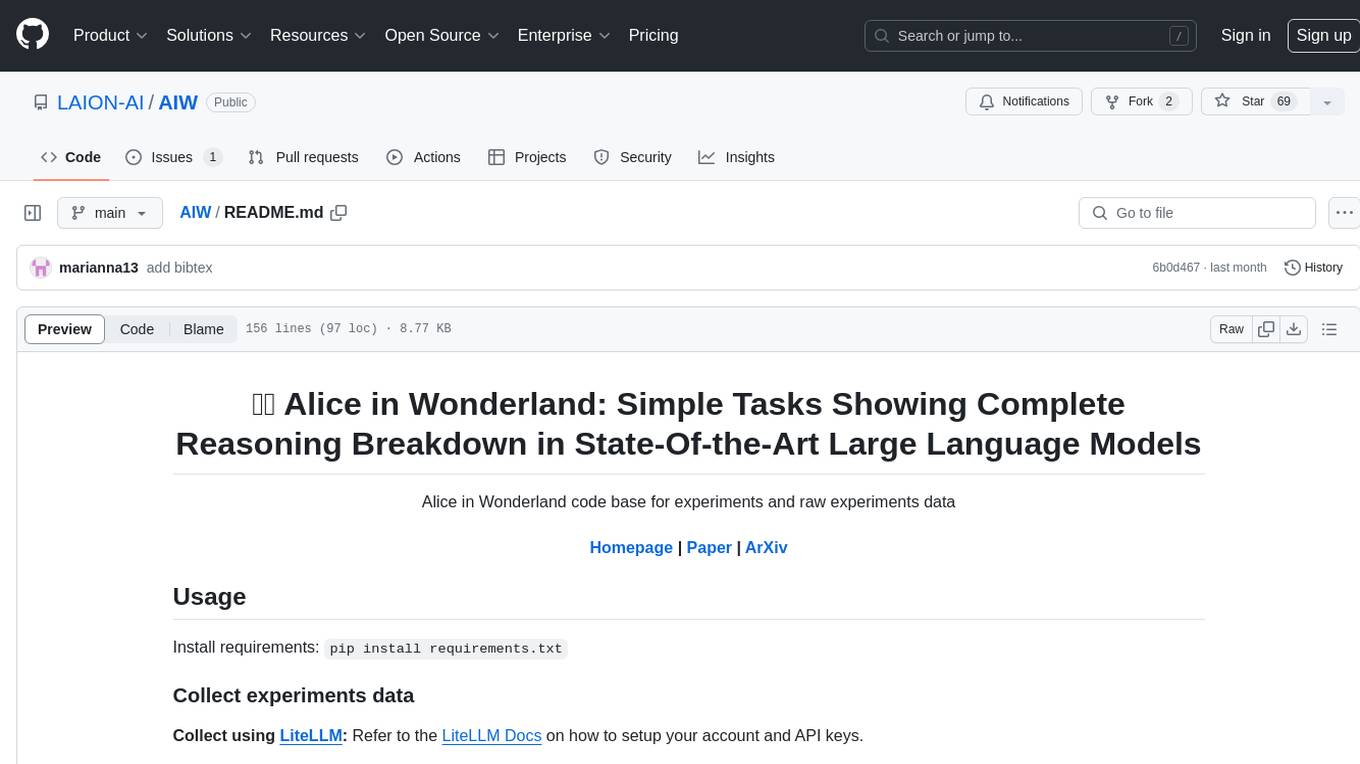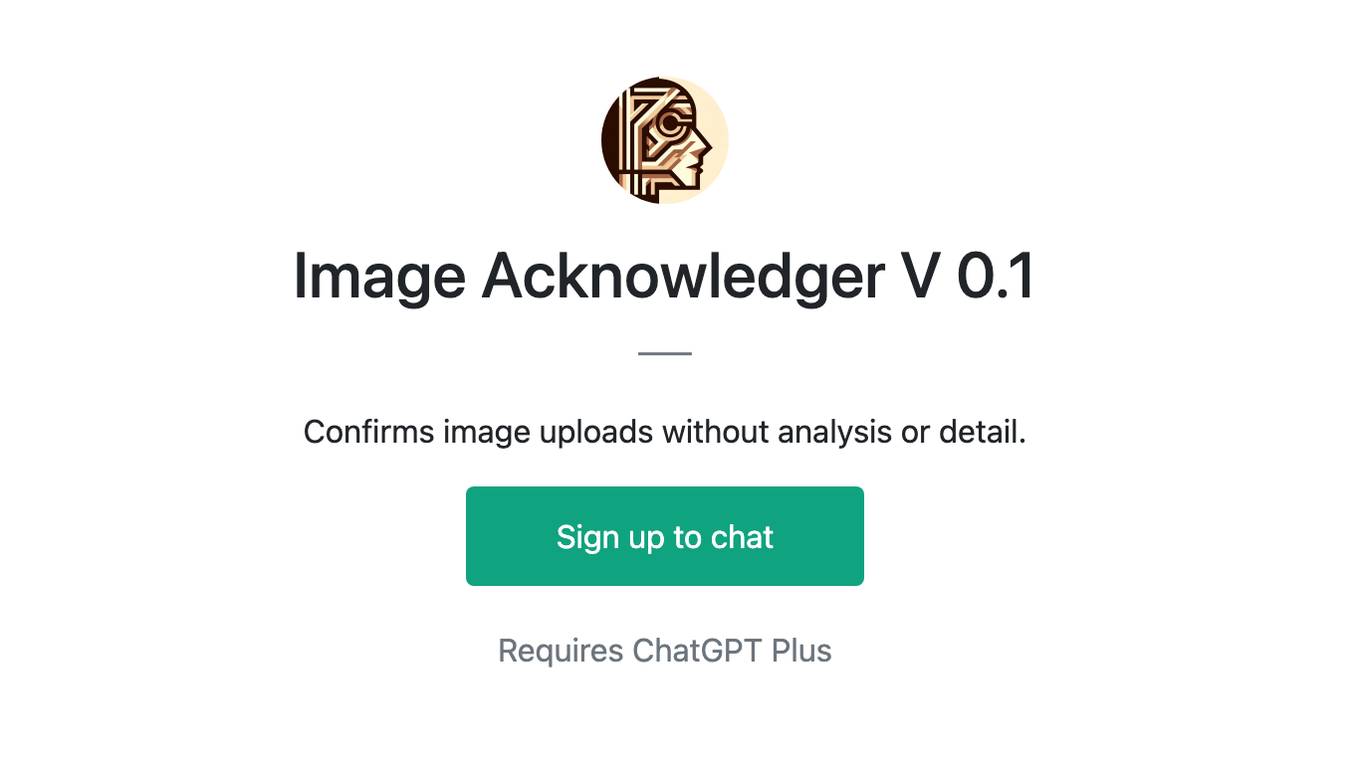Best AI tools for< Acknowledge Contributors >
2 - AI tool Sites

OtterTune
OtterTune was a database tuning service start-up founded at Carnegie Mellon University. Unfortunately, the company is no longer operational. The website mentions DJ OT being in prison for a parole violation, indicating the company's closure. Despite this, the team and investors are acknowledged for their support and belief in the project. The website also references a research music archive on GitHub.

Gift Recommender
Gift Recommender is an AI-powered application designed to assist users in finding the perfect gift for their loved ones. By providing basic information about the recipient such as name, age, gender, price range, and interests, the AI generates personalized gift recommendations. The system learns from user feedback to continuously improve its suggestions. While the AI provides recommendations, it acknowledges that the best gift is often something personal and encourages users to provide feedback for better training.
1 - Open Source AI Tools

AIW
AIW is a code base for experiments and raw data related to Alice in Wonderland, showcasing complete reasoning breakdown in state-of-the-art large language models. Users can collect experiments data using LiteLLM and TogetherAI, and plot the data using provided scripts. The tool allows for executing experiments over LiteLLM and lmsys, with options for different prompt types and AIW variations. The project also includes acknowledgments and a citation for reference.
